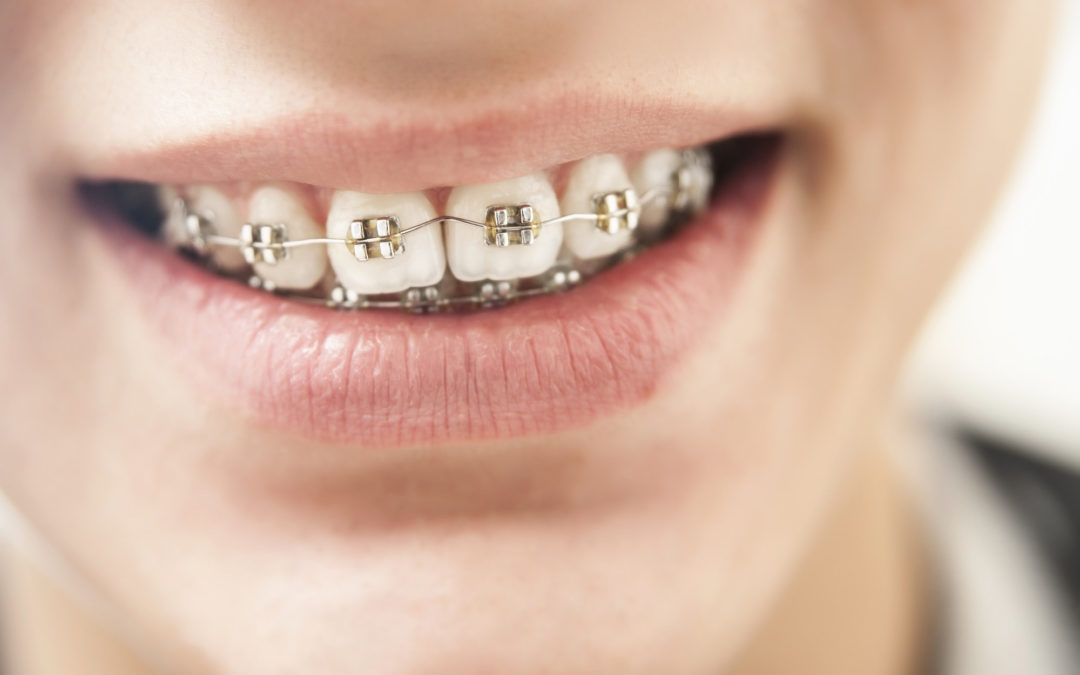Nearly 17% of children age 5 to 19 have untreated dental caries. Nearly 32% of adults age 20 to 44 have untreated dental caries.
This also includes avoiding braces beyond not seeing a dentist or orthodontist.
This is concerning for kids and adults because untreated dental care can lead to various diseases in the mouth. This is why it’s important to look at the ideal age kids get braces and how to tell if they need braces.
So, the important question that can help you save money is, what age do kids get braces? Answering this question can help you as a parent understand what to look for in your child’s dental care and when their permanent teeth come in. It can also help paren
Here are the signs you should be looking for if your kids need braces. These signs can help you determine the best dental and orthodontic treatment for your child at an appropriate age.
Here are three questions you should be asking yourself as a parent to determine if your kids need braces.
Question No. 1. What Age Do Kids Get Braces?
The ideal age your child should receive braces is between age 9 and 13 because their permanent teeth start fully coming in during that time.
Age 7 to 12 is a good age to take your kid to their first orthodontist visit.
When a child visits the dentist around this age, they may check for a couple of things. The orthodontist may check if there is a misalignment of the jaw, which can be corrected with braces.
They may also check for overcrowded teeth, which may lead to tooth removal in order to have braces that correct the alignment of the teeth.
The orthodontist may also ask the parent of their child is a mouth breather or a thumb sucker. Either one can affect a child’s teeth.
The orthodontist may also take X-rays to check the alignment of the teeth. X-rays can also see how the permanent will come in and if braces are needed.
You find more information about braces, specifically what you should eat and how chewing gum can affect your teeth if you wear braces. In addition, you’ll see why people say chewing gum is negative and what our verdict is on it.
Question No. 2. How Do I Know If They Need Braces
Asking this question is a bit more important because it identifies any misalignment in your child’s teeth or jaw and if it needs to be corrected.
It also will determine what kind of braces your child needs and for how long. As a parent, you might be able to determine if your child has an overbite or underbite. You may also tell if their teeth are misaligned and need braces to improve their smile.
You can also ask your child if they have difficulty chewing or have any pain when they bite down on their food.
These warning signs can offer some idea if your child needs braces or not, but they may not be identifiable by a parent. This is why it’s important to take your child to an orthodontist after age 7 to determine if they need braces to correct their teeth.
Permanent teeth start erupting around age 7 to eventually your molars, which can be until your early 20s. As a parent, you should take your child to an orthodontist around age 7 in order to understand if your child needs prior treatment before receiving braces.
Even after your child gets their permanent teeth, they may continue to shift until they are in a permanent position.
You can read more about how your teeth shift, from jaw shifting to grinding your teeth, and how it can cause you or your child to have braces.
Question No. 3. What Happens If My Kids Don’t Get Braces?
Now that you have an understanding of the importance of braces and when you should get them, you should also know what happens if your child doesn’t get braces, but they need them.
Some of the consequences of choosing not to get braces. Some of these consequences involve jaw or teeth pain when your child chews their food. This can persist until adulthood and can possibly lead to surgery.
Avoiding braces can also lead to widening gaps in your teeth. These gaps can make you more self-aware of your smile.
Another consequence of avoiding braces is that your teeth may cause your teeth to permanently shift. For instance, if you need to remove some teeth in order to have braces and you choose not to remove them, it can lead to your teeth shifting and pain your jaw.
This shift can lead to lower or upper jaw protruding. It can lead to pain.
Braces Can Change Your Kid’s Life
Braces can change a kid’s life from eating to healthier teeth.
Finding out what age do kids get braces can give you some insight on what to expect when you take your child to the orthodontist. You can also prepare your child on what to expect from the orthodontist, so they aren’t fearful of braces or the possibility of braces.
Some of the benefits of having braces are chewing food is easier, it’s easier to brush and floss teeth, less grinding of teeth, and reduce cavities. Your child can enjoy these benefits and have a healthier-looking smile by the time they get their braces off.
Overall, choosing to have braces for your child between the ages of 9 and 13 can help your child avoid possible pain or discomfort later in life. It can help them feel more confident in their smile and their teeth. It can also possibly help them avoid gum disease or plaque buildup.
Read about the 7 warning signs your child needs braces now or contact us here for more information.
